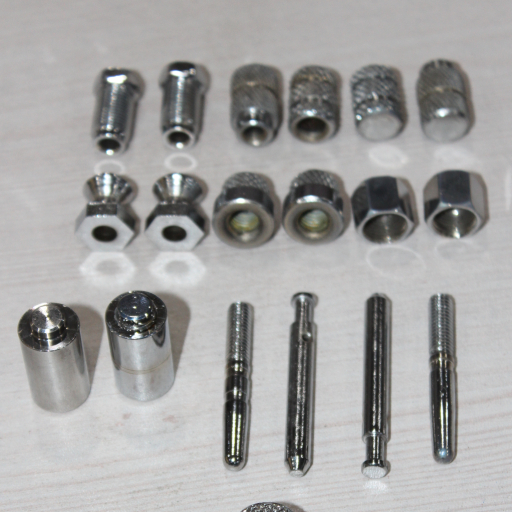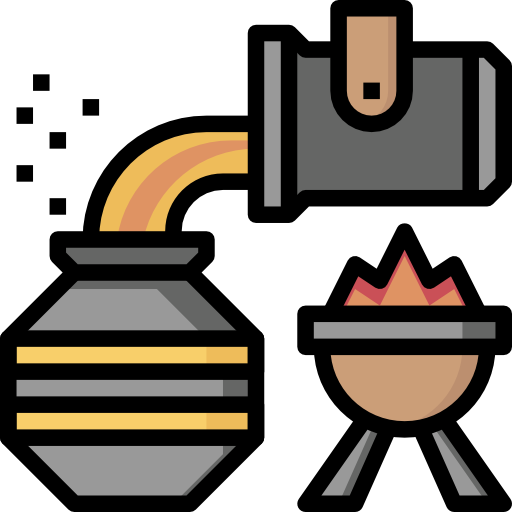Turned parts manufacturing is a pivotal process in the production of various components used across industries. This technique involves the precision shaping of raw materials, typically metal, by rotating them against cutting tools. It's a fundamental method in machining, allowing for the creation of intricate shapes and sizes, often with tight tolerances.
The process begins with a lathe, a machine that rotates the workpiece while a cutting tool removes material. Through this rotational movement, cylindrical or symmetrical shapes are fashioned. Turned parts find applications in diverse fields, from automotive and aerospace to medical and consumer goods. They serve in crafting shafts, pins, connectors, and various intricate components essential for machinery and devices.
Advanced technologies such as Computer Numerical Control (CNC) have revolutionized turned parts manufacturing, enabling high precision, repeatability, and complex geometries. Innovations in materials and cutting techniques continually enhance the quality and efficiency of turned part production, driving progress in numerous industries worldwide.
































